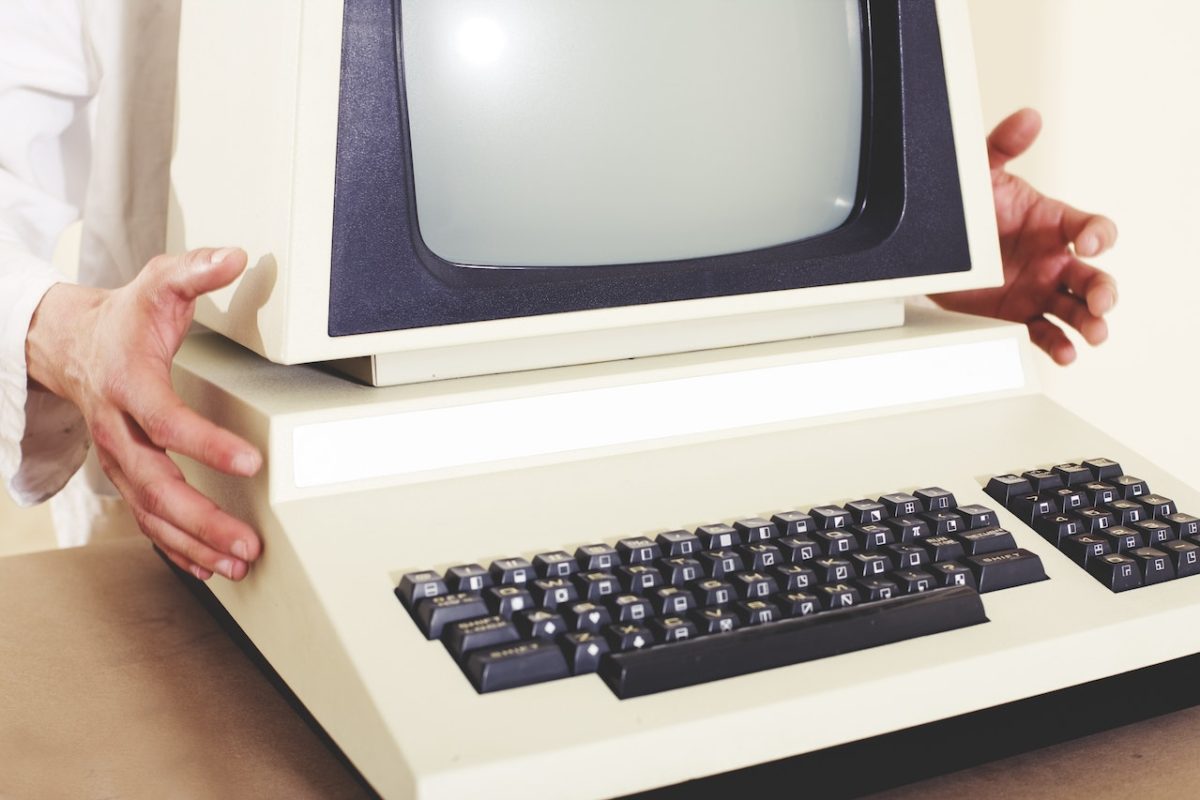Why Should You Recycle Your Old Computers?

Why Should You Recycle Your Old Computers? Computers and other electronic devices are increasingly common in today’s world. While they offer many benefits, they also come with some environmental drawbacks.
Without computers, modern life in the twenty-first century is not feasible. Computer technology is evolving swiftly at home, at business, and while traveling.
This year’s technology will be obsolete due to the velocity of change and advancement. Computers tremendously improve lives, but they also have a big negative impact on the environment.
Here are more ways how computers harm the environment and where to recycle old computers in Atlanta:
Electricity-Related Anxiety
Around 1.3 billion people have personal computers as of the publication date. Nearly 164 million individuals in the US own a computer. The infrastructure for supplying power is put under a lot of strain by the pervasive usage of computers for both personal and professional uses.
A typical PC uses 746 kilowatts of electricity annually compared to a refrigerator’s 500 kilowatts. Computers increase the pressure on power plants to generate enough energy to illuminate the entire planet.
Pollution and emissions are produced as a result of the generation of energy. Millions of greenhouse gasses are released yearly due to the electricity required to run computers.
Power Wastage
Energy waste is a problem with computers as well. Businesses and homes might produce less waste annually by turning off their computers and monitors when not in use.
American businesses spend more than $1 billion on electricity annually for computers and monitors left on after hours.
Even when your computer or monitor is in standby or sleep mode, electricity is being used, wasting energy.
Moreover, even when your computer is turned off, leaving the plugin will still use a small amount of electricity from your socket. This energy waste results in greenhouse gas emissions, which aggravate pollution and the effects of climate change.
Production
Pollution is produced throughout the computer manufacturing process. A significant amount of fossil fuels and chemicals are needed to produce computers.
Computers still require 10 times as many chemicals and pollutants during production, despite their size continuing to shrink.
Those who live close to industrial sites that release harmful chemicals and pollutants into the atmosphere are at risk from the pollution caused by the production of computers.
When we think of transportation, we typically see finished goods being put into freight containers.
Since the first mining equipment was sent to the mines at the beginning of this procedure, the transportation bill has been rising.
Energy is needed to transfer an object from one place to another. One of the best ways to transport electrical equipment is by using ocean freighters, but the costs can add up. (Around 90% of the world’s trade is shipped for at least some distance.)
Using low-grade, sulfur-containing fuel oil aboard ships can be extremely polluting, even if it is effective.
Digital equipment is carefully packed to avoid damage while being transported. Packaging has become more space-efficient to fit more items per container over time.
Even though the packaging is made recyclable, these efforts are useless if the materials cannot enter a reliable recycling process after being supplied to the end user.
Landfill Squander
Millions of rubbish in abandoned computers are produced yearly due to computer failures and technological advancement. The annual disposal of electronic garbage is projected to be 50 million tons.
Most of these discarded computers are shipped to foreign landfills in countries like the Philippines, China, India, Vietnam, and Africa. These nations have significant computer waste contamination. Potentially hazardous compounds and heavy metals like lead harm the environment and groundwater when computers are disposed of in landfills.
People may be exposed to harmful compounds when drinking and swimming in water that this sewage discharge has contaminated. Because of this, it’s best to recycle computer monitors in Atlanta.
Conclusion
In conclusion, Computers are a big contributor to pollution in the environment. They pollute the air with their toxins, and they also pollute the water with their chemicals. They are a major electronic waste source, a big environmental problem. Computer recycling is reusing or repurposing old computers and electronic devices. Recycling old computers is an excellent method to lessen your influence on the environment and assist those in need. If you have an old computer or electronic device, consider visiting a recycling center in Atlanta instead of throwing it away.
Atlanta Green Recycling provides electronic waste recycling and disposal services to commercial and residential clients in the Atlanta area. Visit our recycling center in Atlanta!
To get started recycling your old electronics, give us a call at (404) 999-4758 or complete the schedule a pickup form for businesses.